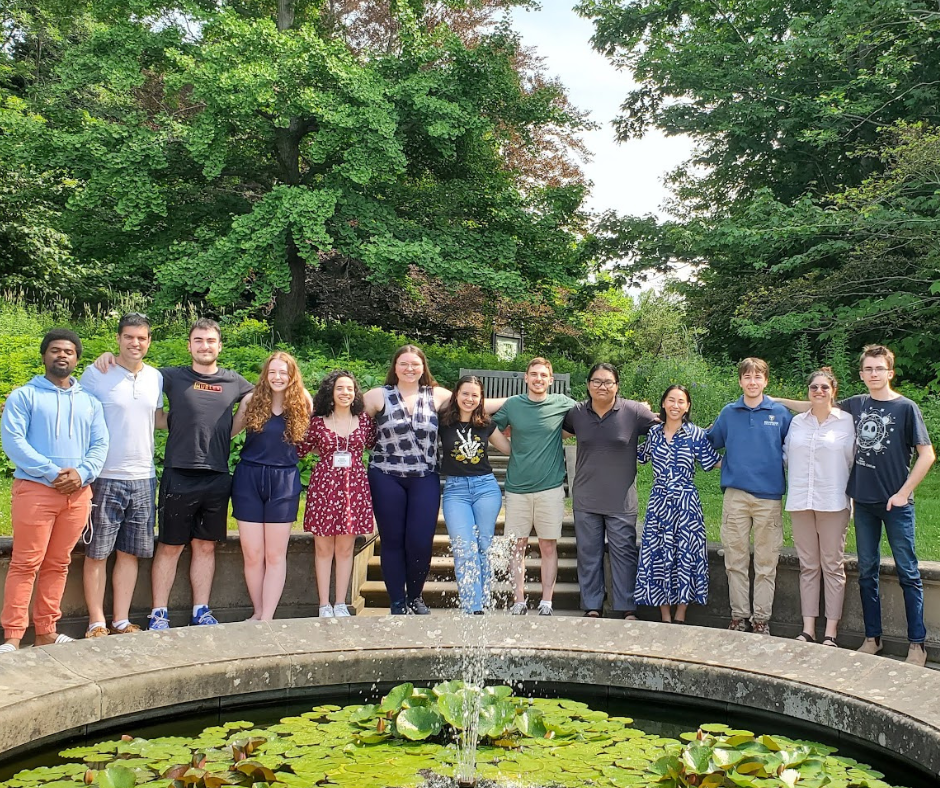This past summer marked a significant milestone in the growth of the Institute for Studies in Global Prosperity (ISGP) educational programs in Canada, with the country hosting its first dedicated graduate seminar and opening a second undergraduate seminar in British Columbia. These developments reflect ISGP’s ongoing efforts to accompany young people in their pursuit of knowledge and service, and to increase access to educational spaces that help them live meaningful and purposeful lives.
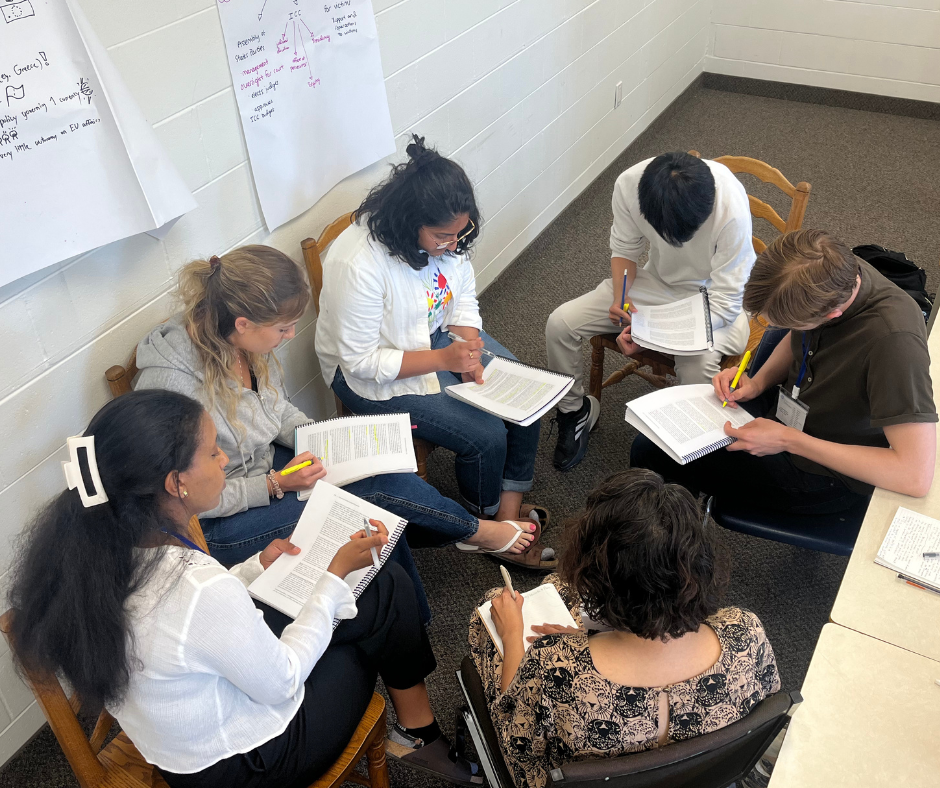
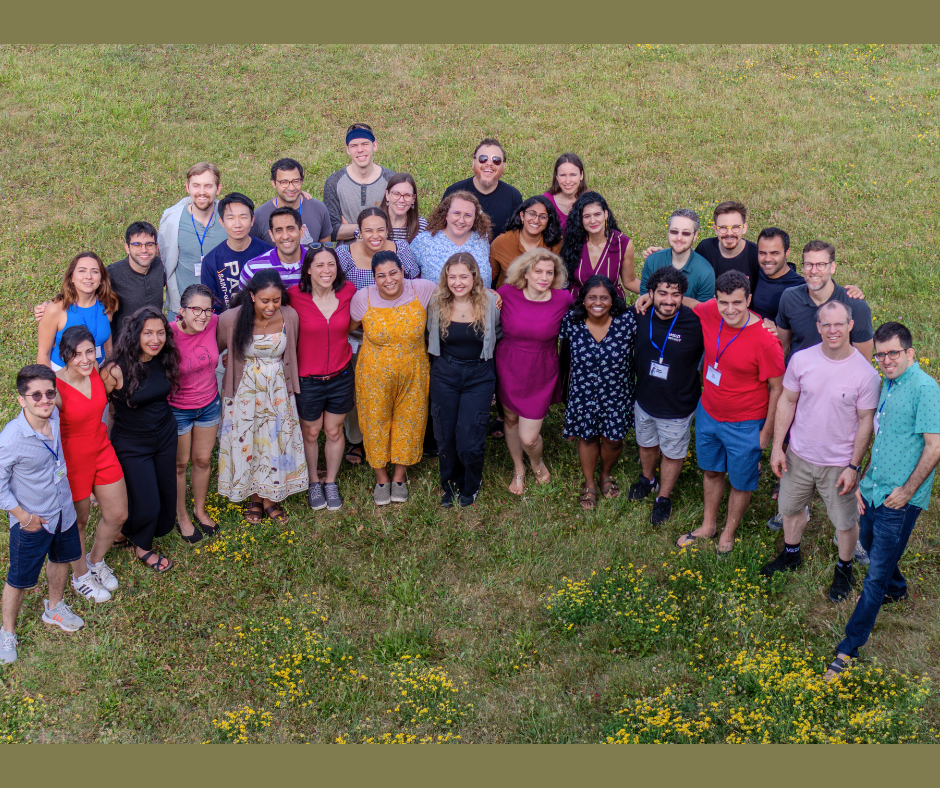
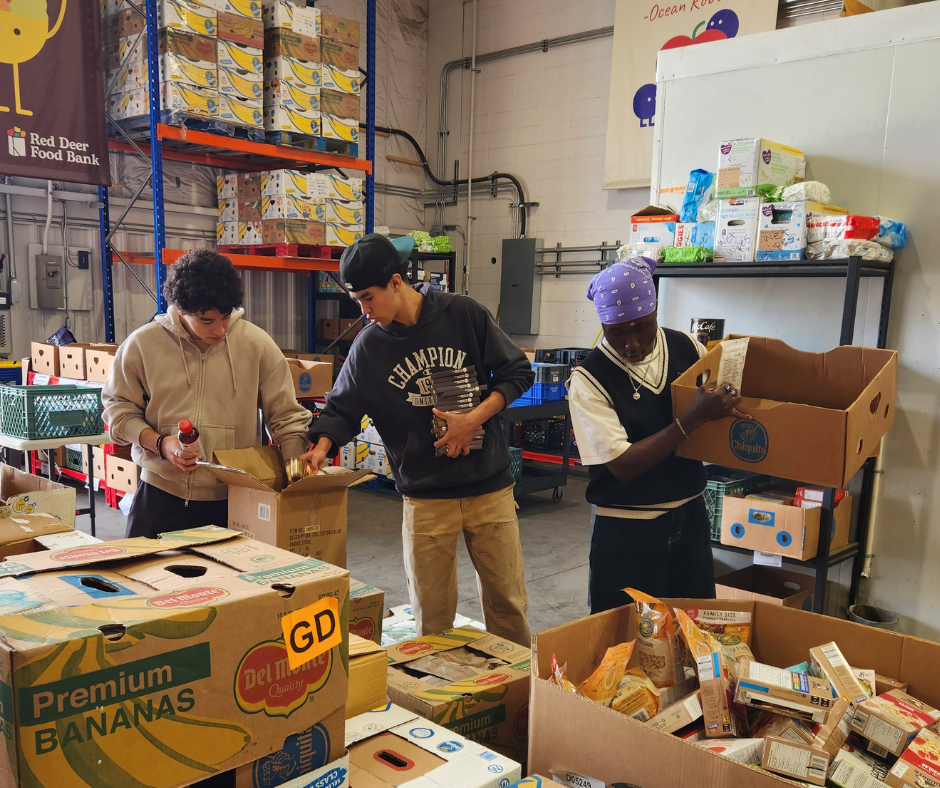
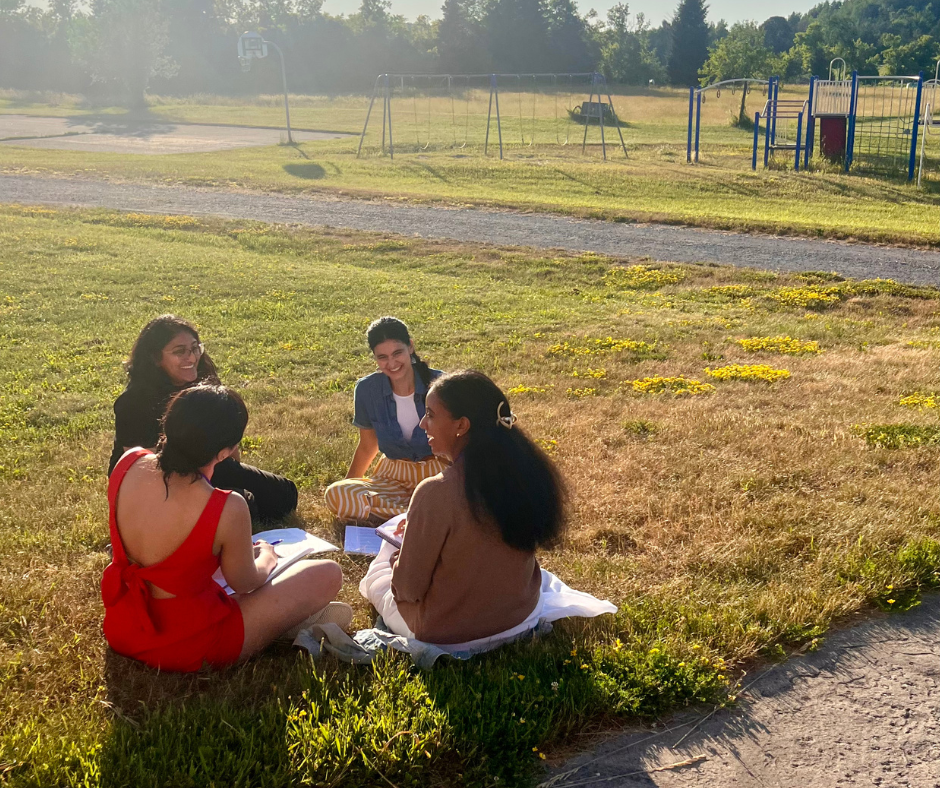
Established in 1999, the Institute for Studies in Global Prosperity is an educational and research organization dedicated to exploring concepts and processes that give shape to humanity’s search for global peace and prosperity. For almost two decades, it has offered annual seminars for undergraduate students in Canada that help them approach their education in a way that orients them to the service of society through their academic studies, vocations and professions.
In response to a growing population of youth eager to participate in such spaces, ISGP has steadily expanded its capacity to offer undergraduate seminars. In 2022, it set in motion a plan to double the number of seminars in the country through a strategy of localization intended to bring ISGP’s educational programs closer to the grassroots of communities. This goal was surpassed by the recent launch of a new seminar in British Columbia, which brings the total number of seminars from three to seven. In 2025, the undergraduate seminar welcomed 331 participants in Canada. According to Ashraf Rushdy, national coordinator, “the goal was that, by April 2026, every youth in Canada who reached eligibility would have an opportunity to participate.”
The ISGP seminars typically span 10 days. They draw on science and religion as two complementary systems of knowledge that shed light on issues faced by humanity. At each seminar, participants study materials about the importance of engaging in action and discourses directed towards social change, and they reflect on the thoughts and actions useful for contributing to the betterment of society. Nadia Safari, a second-year student who attended the seminar this year, reflected, “We study ideas that challenge us to see beyond ourselves.” Nadia continued, “At the same time, we are encouraged to reflect on our own path of service and how we can make a difference in our communities.”
Jacky Fu, a recent graduate who participated in the seminar this year, shared how the materials help participants explore the elements of a conceptual framework that supports societal progress. “Without a solid understanding of the foundational framework under which we operate as individuals, it is easy for us to be swept up by the overwhelming forces of society and serve the purposes of different social systems that deviate from the principles we believe. These seminars are an opportunity for us to analyze and learn about both the principles and forces that affect our lives and decisions, understand our individual relation to the collective, all the while fostering mutual support and bonds of friendship that help us navigate the challenges of the world.”
The establishment of the graduate seminar also represents a significant step forward. While an annual graduate seminar for North America has been offered in Canada or the United States for more than a decade, increasing demand from Canadian participants highlighted the timeliness of a national space that responds more directly to the unique social and academic context of the country. More than 30 people gathered at the Bethany Bahá’í Centre of Learning for this 11-day seminar, held in July.
The continued growth of the undergraduate and graduate seminars has allowed countless more young adults to participate. “For many, attending these seminars is a transformative experience”, said Mr. Rushdy. “They return to their communities with a renewed sense of purpose, commitment and clarity about how the various aspects of their lives can contribute meaningfully towards the advancement of society.”

